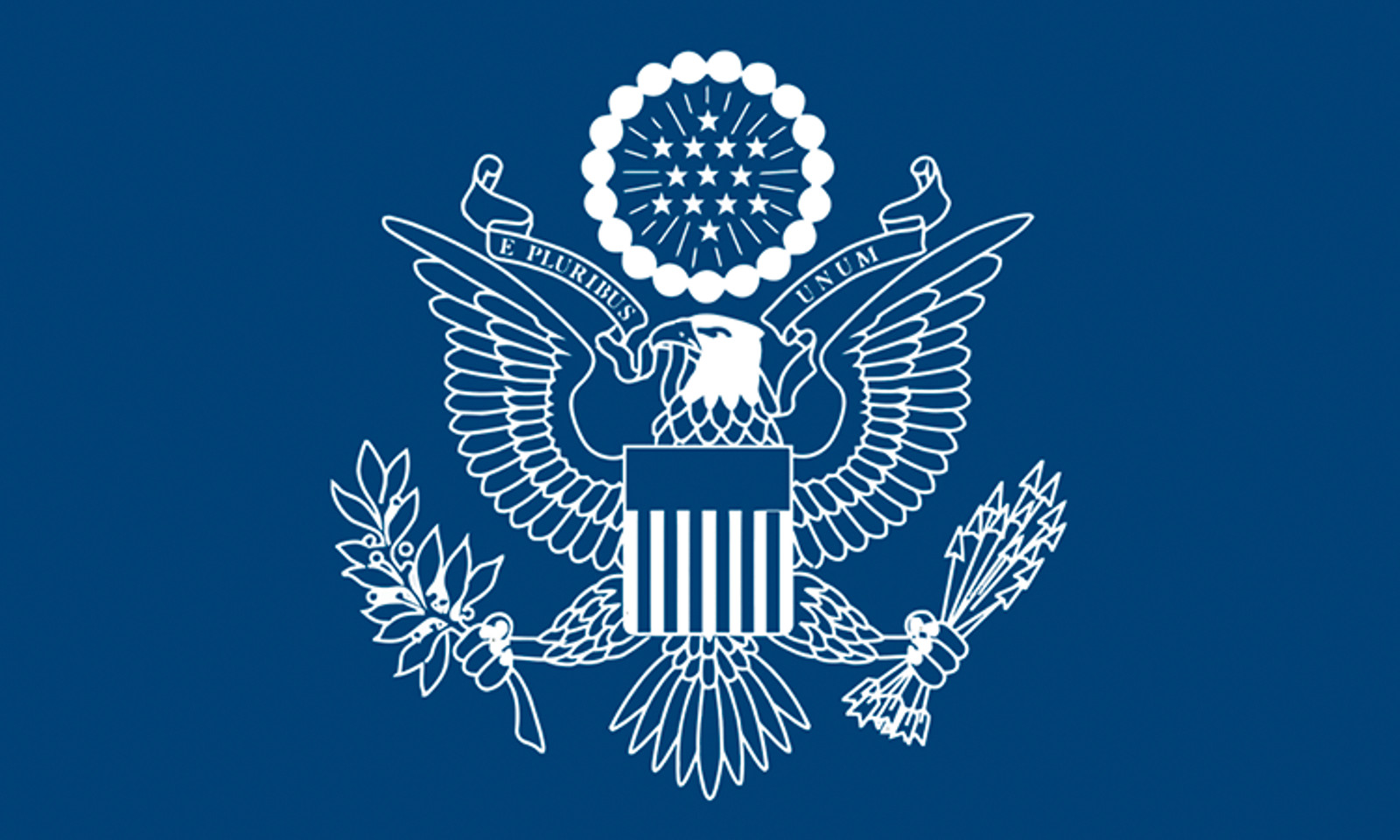The United States Embassy has issued the following health alert regarding respiratory viruses in Costa Rica:
Respiratory Syncytial Virus (RSV) and other respiratory viruses tend to be very common in Costa Rica from May through September. Respiratory Syncytial Virus causes more serious health problems in children under 1 year of age, and up to two years of age. A child with a chronic health problem is especially at risk for serious illness. RSV affects small passages of the lung called the bronchioles, making breathing difficult.
This year the number of children in Costa Rica affected by RSV, and the severity of the cases, has been notable. Between May and September 2019, ten children in Costa Rica under the age of five had died from Respiratory Syncytial Virus, or RSV. All the children who died were either born prematurely or also had another medical problems; for example, cerebral palsy, heart or lung disease.
On September 27, 2019, the Costa Rican Minister of Health urged parents to keep their children under one year of age at home, away from daycare or public gatherings, until the number of cases of Respiratory Syncytial Virus decreases.
The symptoms of RSV include a stuffy or runny nose, cough, fever, and often a wheezing or a whistling sound when the child breathes. RSV is a viral illness and cannot be treated with antibiotics. Antibiotics do not work for viral illnesses. Many children get better on their own. If a child seems to have trouble breathing, and/or is not able to drink/eat, it is important to reach out for medical help.
The U.S. Embassy recommends that everyone adhere to the following recommendations to prevent the spread of respiratory viruses:
- Wash your hands thoroughly and often with soap and water.
- Use an alcohol-based hand sanitizer only if soap and water are not available.
- Avoid touching your face, especially your eyes, nose and mouth.
- Do not share anything that goes in or near the mouth.
- Try to avoid contact with those you know are ill.
Costa Rica’s Health Ministry says to seek medical care if an infant refuses to eat, appears to have difficulty breathing, has a fever or blue-tinted lips and nails.






